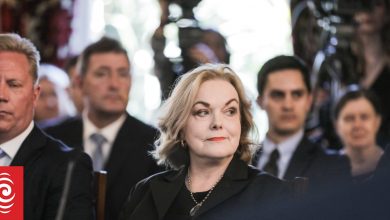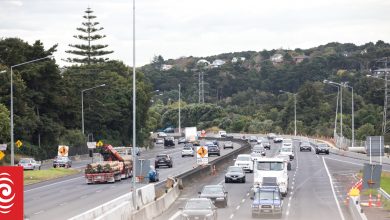The Week in Politics: Strong medicine for a bad headache
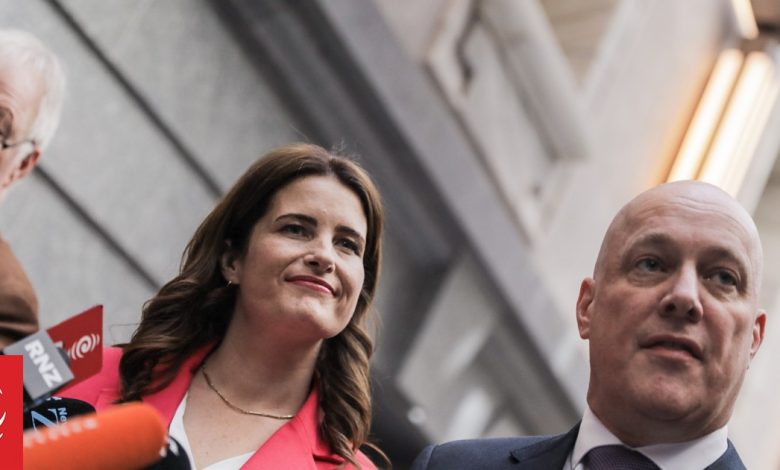
Analysis – The government solves its cancer drugs problem by delivering twice as much as it promised, the grounding of the Aratere ignites a debate on the future of the ferries and New Zealand’s crumbling infrastructure, and a new poll shows the government would be safe if an election was held now.
The government wiped out weeks of ferocious criticism when it announced Pharmac was getting $604 million for 54 new medicines including 26 cancer drugs.
It had promised 13 new cancer drugs but there was no funding for them in the Budget presented on 30 May.
There is now, and the cancer drugs are as specified in the election campaign promise or alternatives which are said to be as good or better.
It was, as the Herald’s political editor Claire Trevett said, “a double dose of medicine to make the headache go away”.
And it worked. Cancer sufferers were overjoyed, the opposition couldn’t really complain and the government got the headlines it badly needed.
Stuff ran with ‘Medicines cash game-changer’ quoting Patient Voice Aotearoa’s Malcolm Mulholland saying “out of the chaos has come good, this is great news” while RNZ reported some of the new cancer drugs would be available in the next three months.
Prime Minister Christopher Luxon and his ministers continued to claim the intention had always been to deliver the drugs this year and the delay was caused by working out a procurement process.
There is some understandable scepticism about that given the absence of funding in the budget and the various explanations offered in the days after it was presented.
The alternative scenario is that it had decided it couldn’t afford them this financial year, didn’t realise how badly that would go down and it had to devise an escape strategy.
It gave up the idea of a separate funding agency and decided to keep it within Pharmac, which the minister responsible for the drug funding agency, David Seymour, advocated.
It’s a win for the government, and now it must do its best to ensure that the 175,000 people it says will benefit from the 54 new medicines get them as soon as possible.
Health Minister Shane Reti said the rollout would start in October or November and continue for 12 months. That will be managed by Pharmac.
“Advocates of cancer patients say Pharmac is now ‘on notice’ to deliver,” the Herald reported. No pressure.
The Aratere ferry grounding
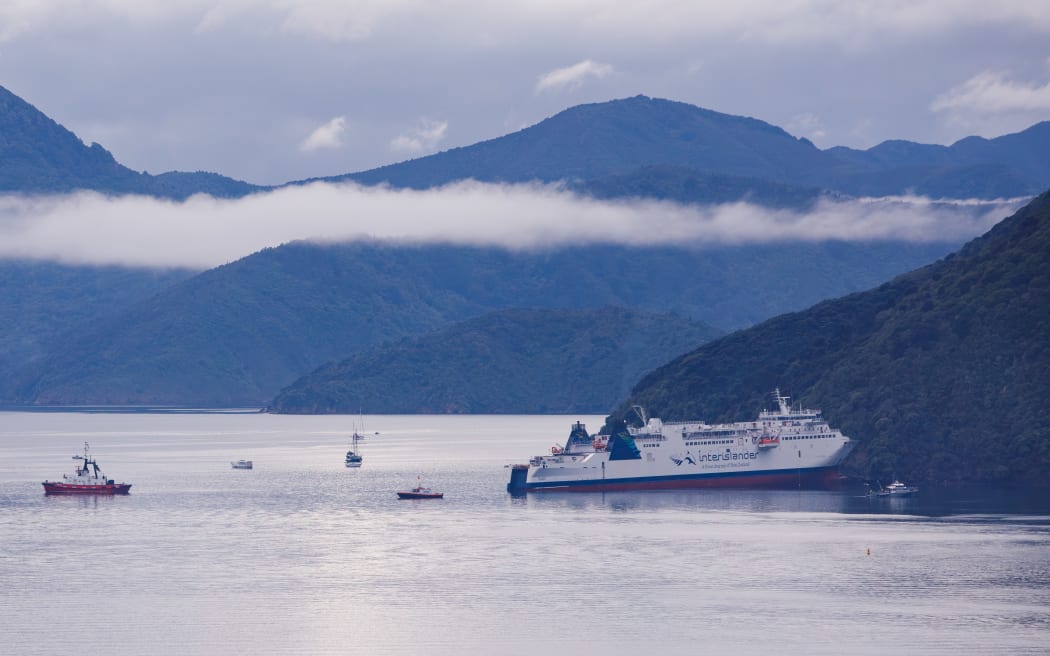
When the Aratere suddenly swung to the right just after leaving Picton and grounded in the Marlborough Sounds it ignited an intense debate about the state of the ferries and the need to replace them.
Before the election two new ones were being built in Hyundai’s huge Korean shipyard.
They were bigger and better than the three current ferries and were scheduled for delivery in 2026.
The new government scuppered that in December – the initial cost of $775m had blown out to $3 billion, KiwiRail wanted an extra $1.4b and Finance Minister Nicola Willis wasn’t going to pay.
KiwiRail looked for ways to keep going, couldn’t come up with anything, and decided to can the project.
Even by usual budget blow-out standards, this one was huge.
The cost of the actual ferries, ordered in 2022, was $551m and the rest was land side costs.
The ferry terminals and port infrastructure had to be altered to handle the bigger ships and their enhanced rail capacity.
Most of it was going to have to take place in Wellington, which has old ports anyway.
That turned out to be vastly more than had been expected, if in fact there had been a thorough investigation of what was going to be needed.
A Newsroom report quotes former Wellington mayor and now NZ First MP Andy Foster on this point: “The big problem here was KiwiRail was exceedingly arrogant and what they assumed was that everyone was going to jump to their tune,” he said.
“They ordered the ferries before they had anywhere to put them.”
The government is clearly displeased with the way KiwiRail handled it from the start, and has said so.
KiwiRail chairman David McLean will retire at the end of July, it was announced this week. His term was due to expire at the end of October.
Willis said further changes were being considered “to further refresh” the board. Sack its members, or some of them, in other words.
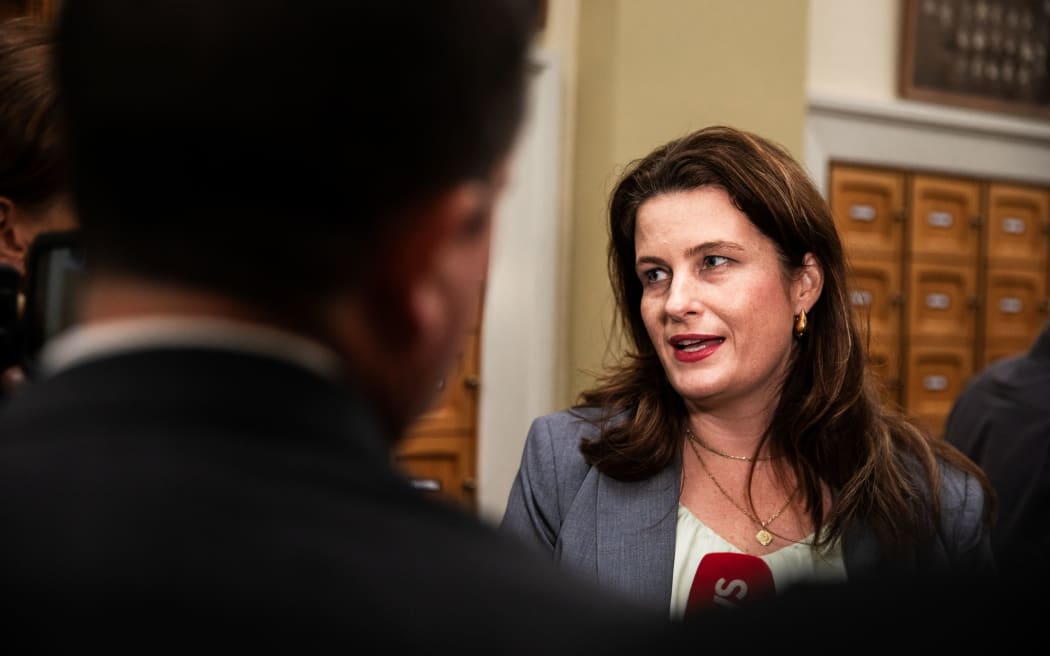
Now it’s up to the government to decide what to do. New ferries must be ordered, or second hand ones sought, before the current ones totally wear out.
Their life span has been put at 2028-29.
Ministers have received recommendations in a report they commissioned, and are digesting it, Luxon said. Solutions would “come forward” in time.
Having refused to pay the upgraded port costs that would be needed for the bigger ferries, it will presumably look for smaller ones.
When Willis announced she wasn’t going to put up the $1.4b KiwiRail had asked for, she said it had ordered Ferraris and she was thinking more along the lines of Toyota Corollas.
Labour thinks the contract should have been kept intact and the land side costs scaled down.
“Labour leader Chris Hipkins says he would be ‘astounded’ if new replacement ferries cost less than the previous plan, and the cancellation costs are still unknown,” RNZ reported.
“He said the land side infrastructure cost had been a concern for the previous government.”
The report quoted Hipkins: “We hadn’t signed all of that off, we were still talking to KiwiRail about how to get that cost down.
“But there are some stark realities here. Even if you ordered three new smaller ferries instead of two big ones, the wharves still need to be replaced, they are very old.
“So let’s see what they come up with but I don’t think they’re going to get anything cheaper than what was already underway.”
This is going to be a big “watch this space” issue for the government, and it can’t hang around for too long.
Something else that’s going to fascinate the opposition is how much it’s going to have to pay to break the contract.
The Hyundai shipyard is one of the largest in the world and presumably has an army of in-house lawyers.
The term the government uses is that the contract has been repudiated.
During an urgent debate in Parliament, Labour’s Duncan Webb picked that apart.
“It’s an interesting word to use,” he said.
“Here’s what it means: We are refusing this. We are unilaterally declining to take this.
“What I read into that is that the government is now in a dispute resolution process trying to find out how much they have to pay in damages for illegally breaking their contract.
“That is going to be very expensive. And there is a real risk here about our commercial reputation… we’ve just broken a $550m promise with a major commercial player. The Hyundai dockyard is not going to rush to build us our new vessels.”
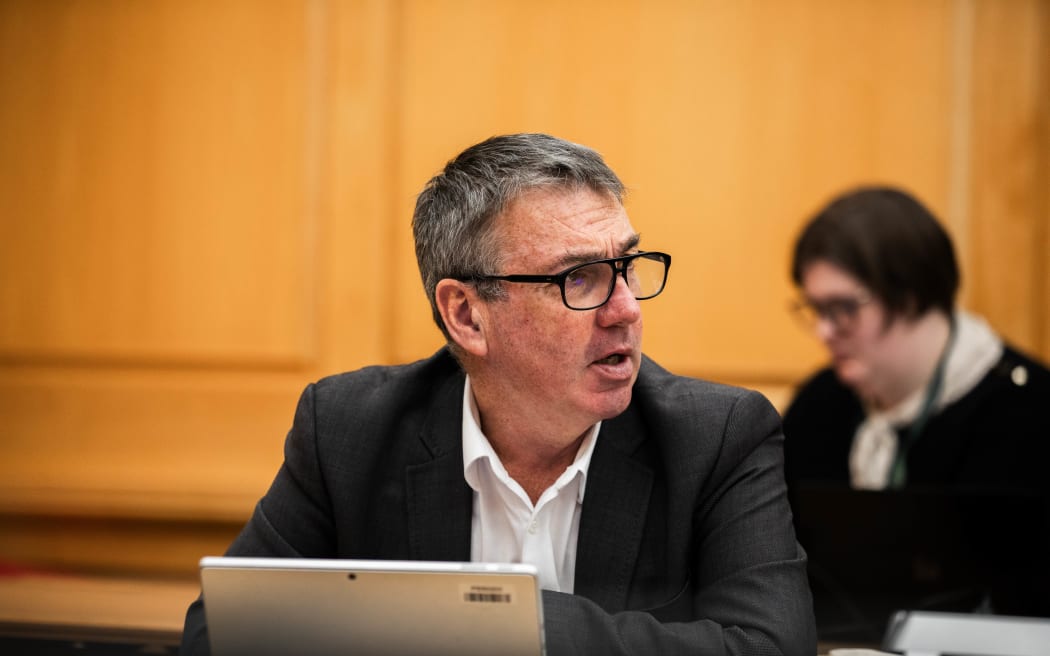
Webb, a former state-owned enterprises minister, said it was accurate to say the costs blew out but he was convinced that “pulling the rug” on the contract wasn’t the best way to go.
On Newshub’s AM Show, host Lloyd Burr said he had been told the break fee was around $300m – more than the cost of one of the new ferries.
Luxon won’t discuss it, saying commercial negotiations are ongoing.
As the week went on, the ferry issue morphed into the dire state of the country’s infrastructure generally, everything from bursting water pipes, potholes in the road and the Air Force plane to the run down Premier House.
In a blistering editorial, Sunday Star Times editor Tracy Watkins said while National and Labour bickered they should look in the mirror.
“There seems to be no part of our infrastructure network that hasn’t been neglected for years, that isn’t in need of billions of dollars to bring it up to scratch,” she said.
“That’s not the fault of one government but successive government; it’s the product of years of underinvestment, of infrastructure projects being politicised, and politicians who take shortcuts to power with hip pocket promises rather than doing the hard yards and finding bipartisan agreement on projects that have no immediate pay off.”
Watkins said they avoided it because there were no votes in it and asked the question: “When are our politicians actually going to start leading, and talk sensibly about what the country needs, not what will buy them votes?”
Watkins could have added that a perfect example of hip pocket promises was National’s tax cuts, promised at the same time it was telling voters how bad the economic situation was.
Political analyst Bryce Edwards, writing in the Herald, said ASB economists had estimated the infrastructure deficit was running at around $1 trillion.
“Yet there’s little public confidence that New Zealand politicians will make the right decisions on the thousands of infrastructure projects that need to be initiated,” he said.
“This is because the track record of successive governments is abysmal on infrastructure. The default orientation of politicians is to ignore, defer, and then make hurried and ill-considered decisions on major projects.”
He gave as examples Auckland Light Rail, harbour crossings, the bike bridge, KiwiBuild “and a variety of other roading, electricity, health and education facilities”.
Dealing with the ferry problem, Edwards said that, as usual, the consequences looked disastrous.
Edwards dissects the ferry problem in his article and says it should have been started a long time ago in conjunction with other major transport infrastructure planning.
“However, once the issue could no longer be deferred the incoming Labour-led government handed the issue to just one company to sort it out – KiwiRail.”
He said the National-led coalition then received a hospital pass in 2023 of a cost-blown plan and cancelled it “without a thought to putting any Plan B in place”.
“Therefore, Labour had overseen a dysfunctional procurement process with little input from the public or industry, and National carried on with this approach but in a more knee-jerk manner, making yet another unilateral decision.”
Governing parties up in poll
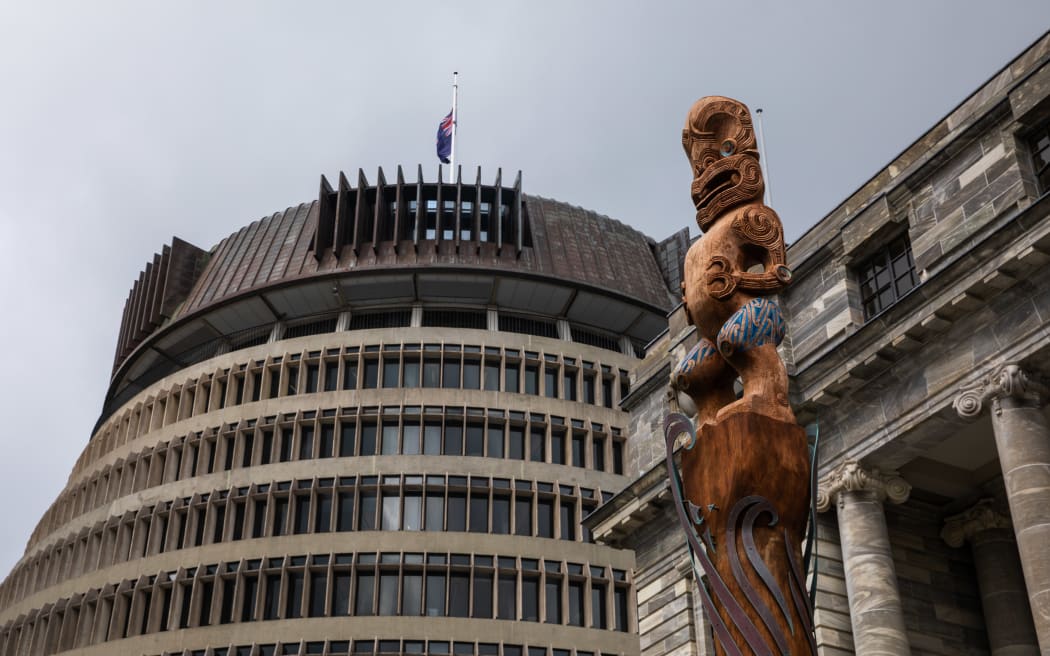
The latest 1News Verian poll came out this week, showing small movements in favour of the governing parties.
It was largely business as usual after the previous 1News Verian poll in April showed NZ First dropping below the 5 per cent threshold which would have given opposition parties a majority.
The new one showed National up two points to 38 percent and Labour down 1 point to 29 percent.
The Greens were down one point to 13 percent while ACT was steady on 7 percent and NZ first picked up two points to 6 percent.
The results would give the coalition parties a total 64 seats, four fewer than they currently have but enough to stay in power.
The parties were largely unfazed by the results, RNZ reported.
Labour leader Chris Hipkins said the changes were within the poll’s margin of error while ACT’s David Seymour pointed out the tax cuts wouldn’t kick in until the end of July.
“When people finally see the tangible reward for keeping more of their own money … then that’s going to lift a bit of the winter gloom,” he said.
The Herald reported on a different aspect.
“1News reported more than 75 percent of poll respondents believed the government’s tax cut-focused budget, announced on 30 May, would have no impact or leave them worse off – 24 percent thought the budget would leave them better off,” it said.
“In response, Luxon told 1News: I just say to you, I think I’m not worried about your poll or any poll, frankly.”
*Peter Wilson is a life member of Parliament’s press gallery, 22 years as NZPA’s political editor and seven as parliamentary bureau chief for NZ Newswire.
According to the news on Radio New Zealand


